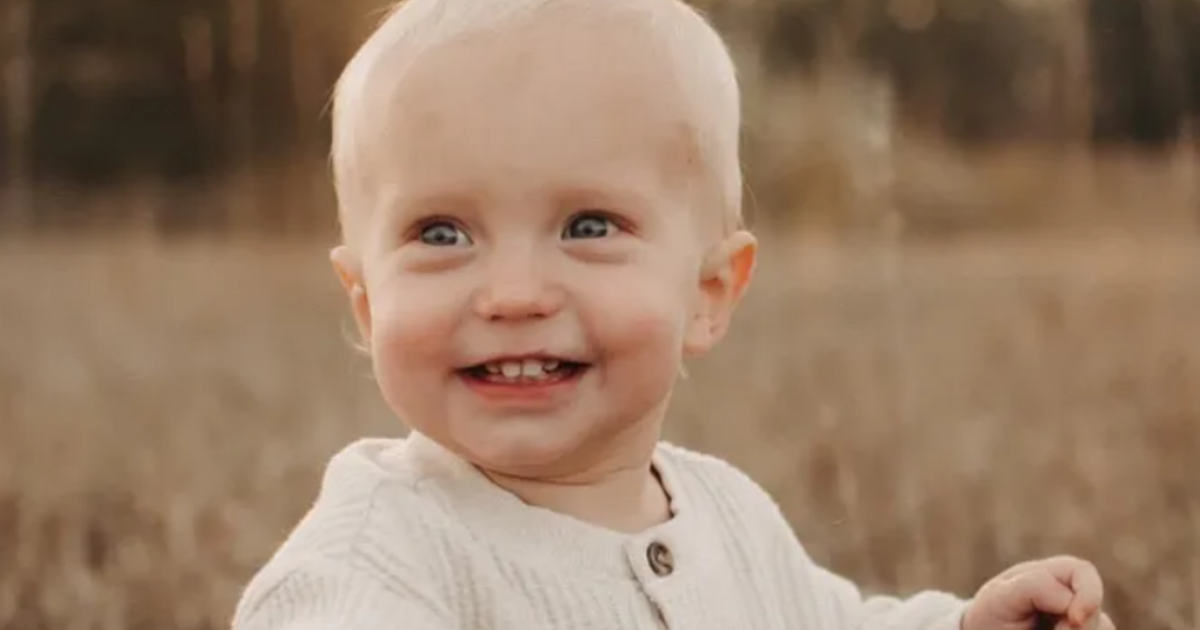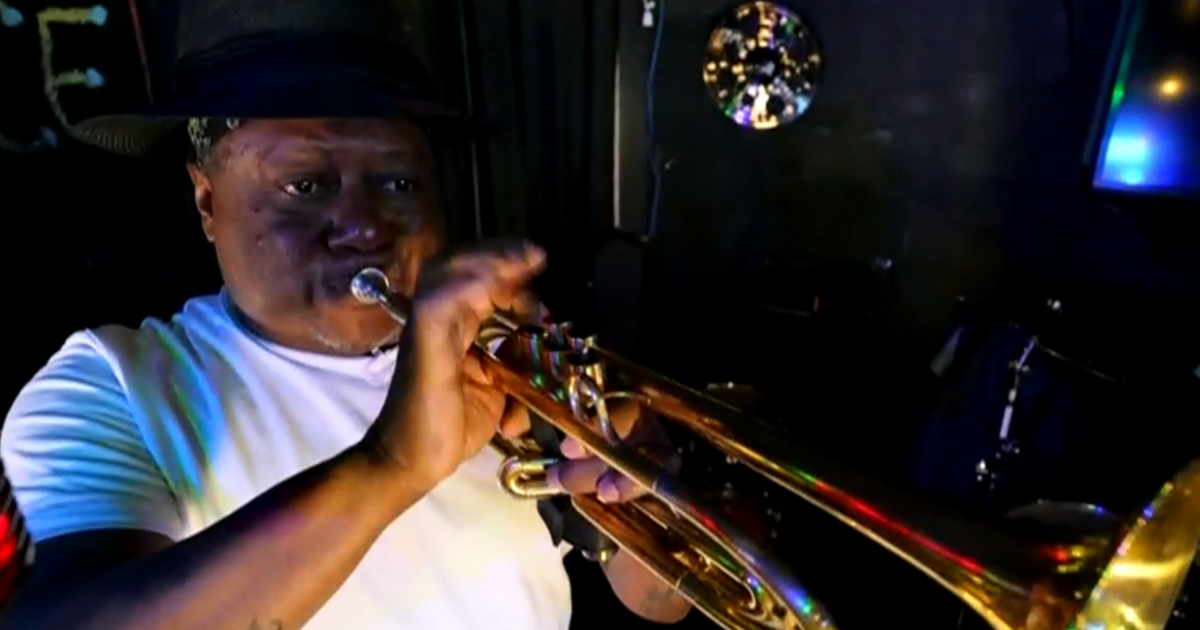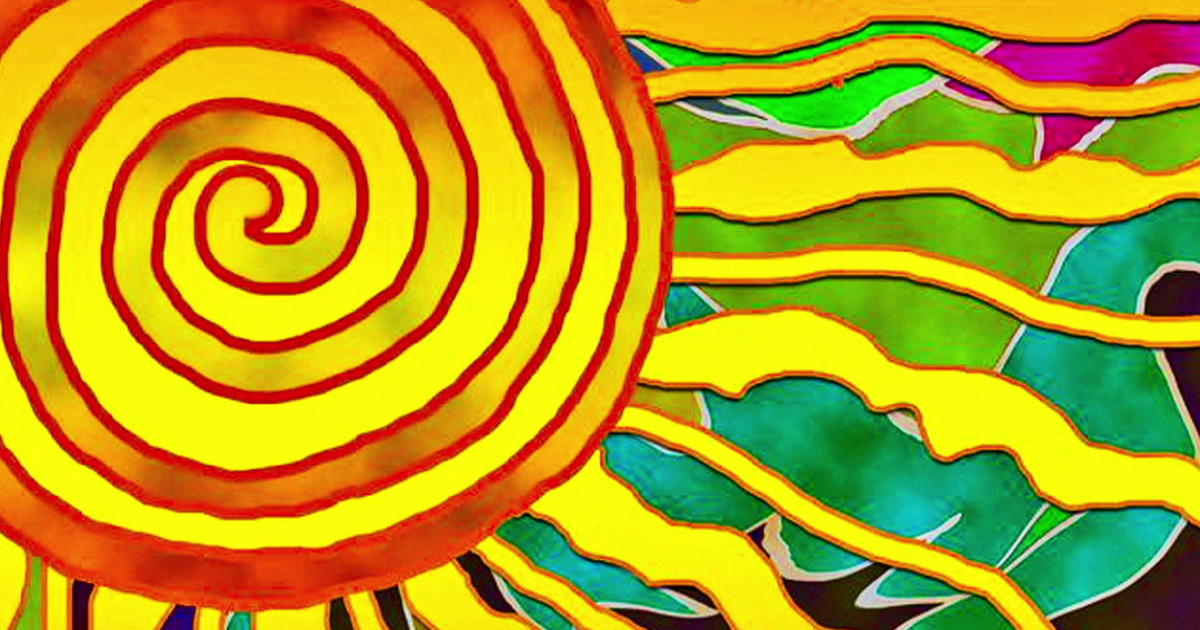In memory of Bobby
Robert Francis Kennedy … RFK … was assassinated 40 years ago this coming week. Few Americans will ever forget the shock of that night, and what it would mean. Among those working in Bobby Kennedy's presidential campaign was Jeff Greenfield, now our Senior Political Correspondent. He offers a very personal recollection of a man who spoke to so many in so many different ways.
He has been gone almost as long as he was alive, and from a distance of four decades, Robert Kennedy is often seen as a player in a pageant: heir to a murdered President from America's most famous political family … a tumultuous presidential campaign in a tumultuous political year that ended on the floor of a hotel kitchen in Los Angeles.
But why, so many years later, are the memories still so sharp, the loss still so painful?
Photographer Bill Eppridge said, "I don't know of a single person who affected me the way he did."
Veteran CBS News correspondent Roger Mudd said, "There was about Robert Kennedy a perpetual sense of outrage. As a reporter, it was something to behold."
"He had the ability to speak out of his soul, out of his gut," said Congressman John Lewis, D-Ga., "and people believed in him."
… including a 24-year-old speechwriter fresh out of law school.
I make no pretense of neutrality; I worked on Kennedy's Senate staff and on his presidential campaign, and still regard him as the most remarkable political figure of my lifetime.
But the question you're entitled to ask of people who believe as I do is, why?
He came from a family of wealth and privilege with a reputation for toughness, even ruthlessness, that began with his campaign against labor boss Jimmy Hoffa in the late 1950s. It was a reputation he could not or would not explain.
"Why do people think you're ruthless?" Mudd asked Kennedy in an interview?
His response? "I don't know. I don't know. I don't know. I don't know."
"All we knew was that Bobby Kennedy was just a tough cookie," Mudd said. "The ruthless label got on him and couldn't come off, and never came off."
That's a view shared by one of the Kennedy's major adversaries. Monica Crowley worked for Richard Nixon during the last years of his life.
"He said to me one time that Bobby Kennedy was the most brilliant of the Kennedy boys and he was also the most ruthless," Crowley said. "And as somebody who was not unfamiliar with ruthlessness himself, that's something that also quite impressed Richard Nixon."
But after John F. Kennedy's death in 1963, as a war in Vietnam and racial unrest darkened the national mood, something seemed to change or shift in Robert Kennedy.
The freshman Senator from New York was becoming a very different kind of politician, looking at America with a radically original mind.
"Robert Kennedy always had an instinct for the outsider," said Peter Edelman, who was one of Kennedy's key Senate aides. "And it turned out that what he really cared about was people all over this world who don't have a fair shake."
"He saw the anguish," said Lewis, who was a young civil rights worker when he first met Kennedy. "He saw the predicament that black people, that poor people were faced with. And he made a commitment to do something about it, not just as the attorney general. Not just as Senator Kennedy for the presidency. But as a human being."
He went to the Mississippi Delta, where blacks were literally going hungry, to eastern Kentucky, where white people had been without jobs for years, and to the migrant labor camps of California.
And out of this came a sense that there was a fundamental failure of conventional liberal thinking.
"He was always about empowering people at the bottom and building from the bottom up &#-151; that was the key to it," said Edelman. "It was about hope. It was about people having a ticket to belonging in American society."
He became a severe critic of welfare, not just because of the resentment it bred among taxpayers but because of what it was doing to the poor.
Crowley, an author and political analyst, said the conventional wisdom about Robert Kennedy, that he was the quintessential liberal, was flawed: "The truth is he was much more complex ideologically than that. He delivered withering and blistering and continual criticism of big government, anti-poverty efforts."
By 1968, he was being urged to challenge President Johnson. But only after Senator Eugene McCarthy's anti-war campaign had almost beaten Johnson in New Hampshire, did Kennedy enter the race, amid charges of "opportunism."
"I think Robert Kennedy was very much a person in two different epochs, two different eras," Edelman said. "Half of him had the traditional Irish politician, what his father taught him, that you don't get into anything if you can't win. And the other part is cause politics, that you have to stand up for what's right."
And the campaign itself? Forty years on, it still seems an almost unbelievable cross-country caravan, a traveling circus, a carnival of crowds and noise, high drama and hilarity.
"I was ready for the crowds but I wasn't ready for their attitudes," Eppridge said. "The love that you could see almost at times. There was desperation."
Eppridge was sent by Life magazine to follow the campaign. "A Time It Was: Bobby Kennedy In The Sixties" (Abrams), his new book of photographs, many never before seen, captures that feeling.
And though the pictures show that Kennedy loved crowds, there was also a sense of shyness, even vulnerability, which Eppridge often sensed in the midst of frenzy.
"In the middle of campaigning, he'd stop and he'd talk to this child. And he'd listen, truly listen," Eppridge said.
Kennedy often displayed a puckish sense of humor on the stump. Appealing to farmers in California, he said, "I've done more for you than any other candidate. Do you know how much fruit my family eats every morning?"
When he turned against the war in Vietnam, he would frequently point to his own culpability in supporting the war in its early stages:
"When the history is written, I will have to share the blame," he said. "But I think I learned something."
Fundamentally, the 1968 campaign was rooted in moral conviction.
And it was as a moral voice that RFK could, on the night of Martin Luther King's death, appear before a black audience who had not yet heard the news, and spontaneously speak to them through his own pain:
"For those of you who are black, considering the evidence evidently is that there were white people who were responsible, you can be filled with bitterness, and with hatred, and a desire for revenge. We can move in that direction as a country, in greater polarization - black people amongst blacks, and white amongst whites, filled with hatred toward one another.
"Or we can make an effort, as Martin Luther King did, to understand and to comprehend, and replace that violence, that stain of bloodshed that has spread across our land, with an effort to understand, compassion and love.
"For those of you who are black and are tempted to be filled with hatred and mistrust of the injustice of such an act, against all white people, I would only say that I can also feel in my own heart the same kind of feeling. I had a member of my family killed, but he was killed by a white man. …
"My favorite poet was Aeschylus. He once wrote: 'Even in our sleep, pain which cannot forget falls drop by drop upon the heart, until, in our own despair, against our will, comes wisdom through the awful grace of God.' …
"Let us dedicate ourselves to what the Greeks wrote so many years ago: to tame the savageness of man and make gentle the life of this world. Let us dedicate ourselves to that, and say a prayer for our country and for our people."
He was safe amid crowds, but on the night of the June 4 California primary, just after accepting victory in the critical race, the campaign decided to spare him the adulation and walk him out through the kitchen of the Ambassador Hotel - where Sirhan Sirhan was waiting …
Eppridge said he didn't realize what was in his photo of the scene where Robert F. Kennedy lay wounded until he saw it printed in Life: "And I saw all kinds of things in there. I saw religious things. I saw the humanity of the man. I saw the feelings of the people around him in the bus boy, that look on his face.
"Then I cried."
After his funeral, Kennedy was taken to Arlington National Cemetery from New York on a train ride that lasted hours.
Could he have been nominated? Could he have beaten Richard Nixon? Would he have governed effectively? We'll never know.
And so we will never know whether his own fundamentally optimistic notion of what can be done would have been redeemed.
"Each time a man stands up for an ideal, or acts to improve the lot of others, or strikes out against injustice, he sends a tiny ripple of hope," he said. "And crossing each other from a million different centers of energy and daring those ripples build a current which can sweep down the mightiest walls of oppression and resistance."



